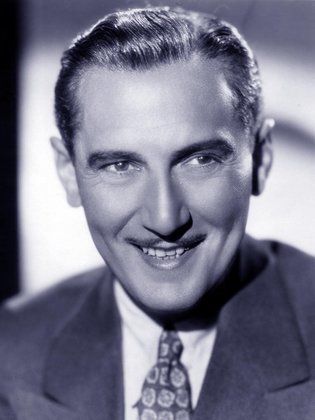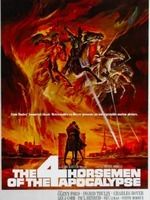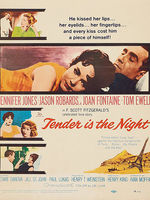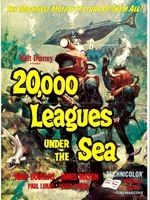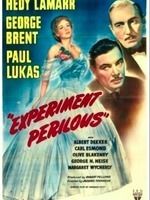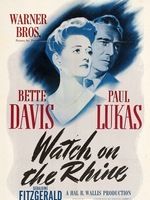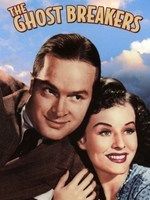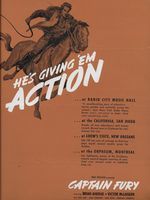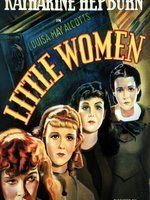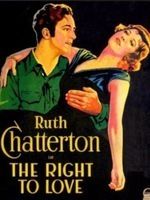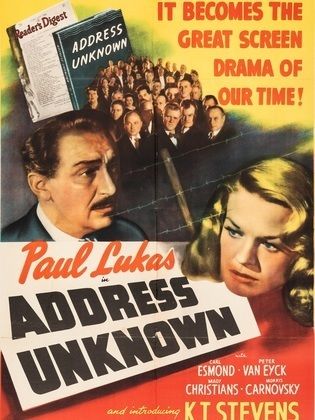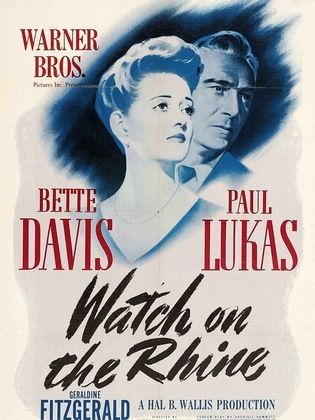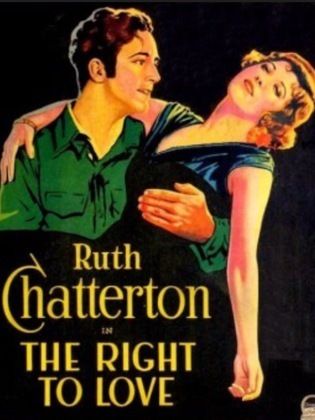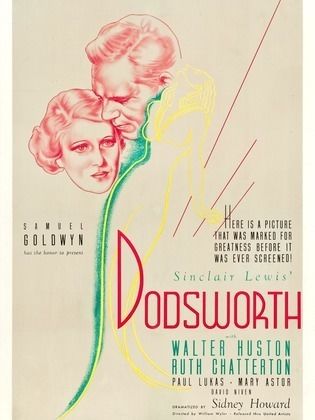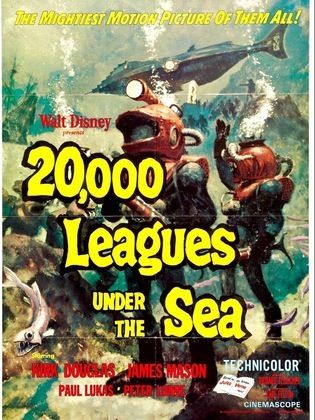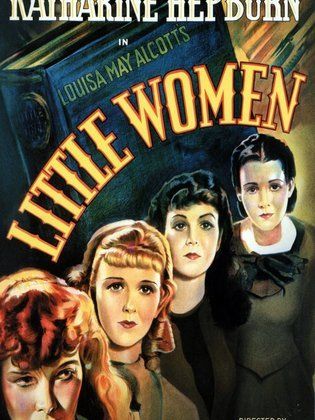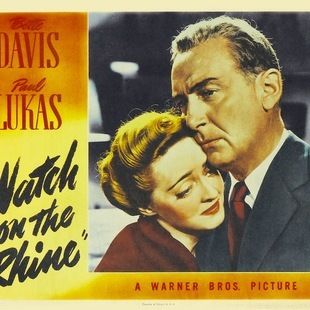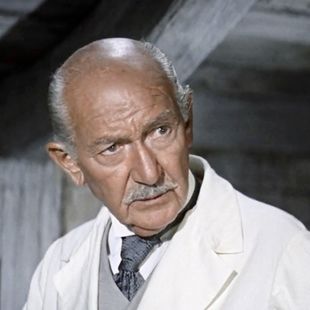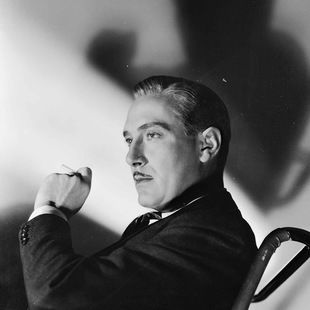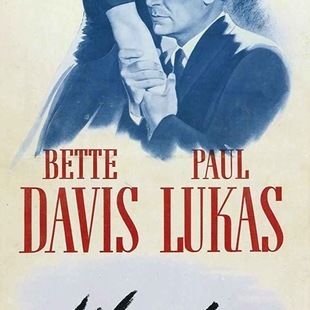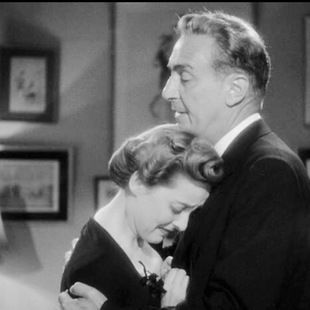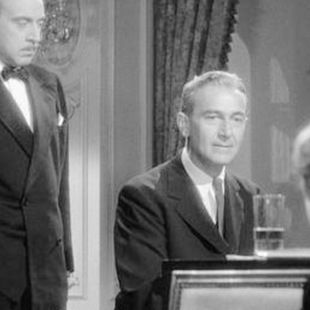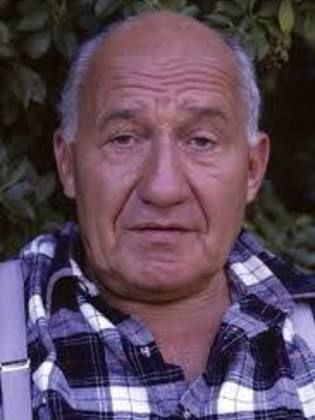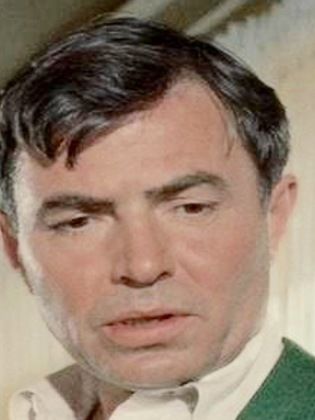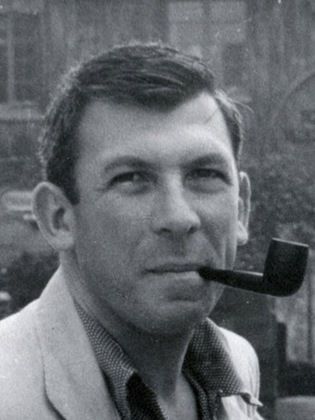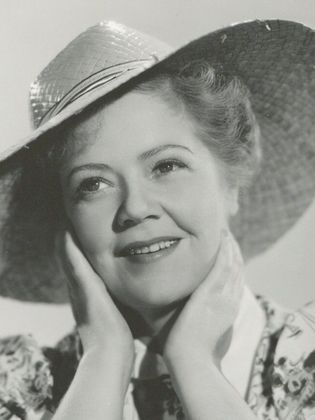Paul Lukas (1894 - 1971) بول لوكاس
Biography
A Hungarian actor, born in Budapest, Hungary. Lucas won the Academy Award for Best Actor in 1944 for the film Watch on the Rhine (1943), and for the same film, he won the Golden Globe, the NYFCC Critics Award, and the NBR Award, which he had previously won for the film...Read more Confessions of a Nazi Spy (1939). Paul also received a star on the Hollywood Walk of Fame in 1960 for his film work. He married two times and had no children. Paul's most important works include Deadline at Dawn (1946), 20,000 Leagues Under the Sea (1954), The Lady Vanishes (1938), and Watch on the Rhine (1943). Paul was born in Budapest to a Jewish family and graduated from the School of Dramatic Arts. In 1916, he headed to Kassa to become an actor. In 1918, he began appearing in silent cinema, and his first film was Soldiers of the Emperor (1918). Within 10 years, he was a comedic and romantic actor, and finally, he turned to evil roles by working in Hungarian, Austrian, and German films, all of which were silent films. In 1927, he headed to Hollywood and made his first talkie, Two Lovers (1928). He became an American citizen in 1933 and did not appear on the stage until 1937 when he presented Henrik Ibsen’s play “A Doll’s House” on Broadway. He focused on cinema until 1948 when he won an Oscar for the movie Watch on the Rhin. He worked against the Nazis. His first television appearance was in 1949, and in the fifties, he began his theatrical journey, and worked in cinema and television intermittently, until he presented his last work, the TV movie The Challenge (1970). He died in Tangier, Morocco, on August 16, 1971, due to heart failure.
Watch Online (Sponsored By Yango Play)
-
-
- Rocky El Ghalaba
- 2025 - Movie
-
-
- 2 Qahwa
- 2025 - Series
-
-
- One Last Sin
- 2025 - Series
-
-
- Al Shater
- 2025 - Movie
-
-
- Ward w Shokolata
- 2025 - Series
-
-
- Siko Siko
- 2025 - Movie
Known for
(According to views)
More details
A Hungarian actor, born in Budapest, Hungary. Lucas won the Academy Award for Best Actor in 1944 for the film Watch on the Rhine (1943), and for the same film, he won the Golden...Read more Globe, the NYFCC Critics Award, and the NBR Award, which he had previously won for the film Confessions of a Nazi Spy (1939). Paul also received a star on the Hollywood Walk of Fame in 1960 for his film work. He married two times and had no children. Paul's most important works include Deadline at Dawn (1946), 20,000 Leagues Under the Sea (1954), The Lady Vanishes (1938), and Watch on the Rhine (1943). Paul was born in Budapest to a Jewish family and graduated from the School of Dramatic Arts. In 1916, he headed to Kassa to become an actor. In 1918, he began appearing in silent cinema, and his first film was Soldiers of the Emperor (1918). Within 10 years, he was a comedic and romantic actor, and finally, he turned to evil roles by working in Hungarian, Austrian, and German films, all of which were silent films. In 1927, he headed to Hollywood and made his first talkie, Two Lovers (1928). He became an American citizen in 1933 and did not appear on the stage until 1937 when he presented Henrik Ibsen’s play “A Doll’s House” on Broadway. He focused on cinema until 1948 when he won an Oscar for the movie Watch on the Rhin. He worked against the Nazis. His first television appearance was in 1949, and in the fifties, he began his theatrical journey, and worked in cinema and television intermittently, until he presented his last work, the TV movie The Challenge (1970). He died in Tangier, Morocco, on August 16, 1971, due to heart failure.
- Nationality:
- Hungary
- Birth Country:
- Hungary
- Death Country:
- Morocco

